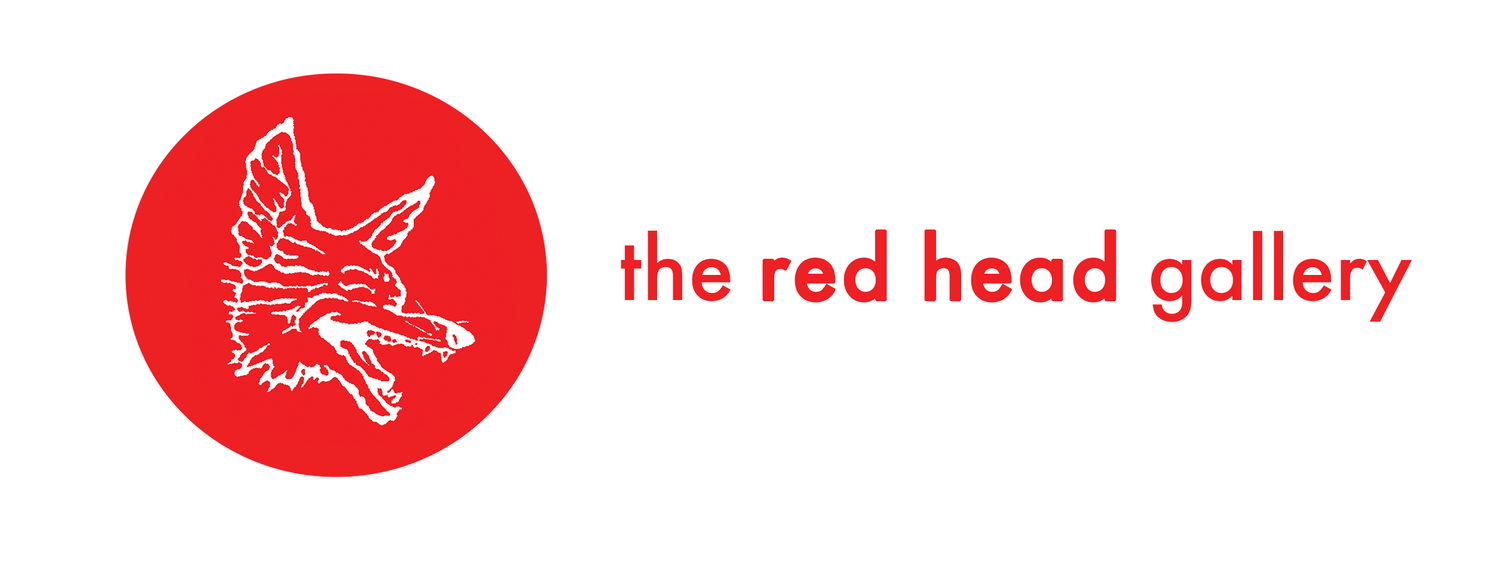RON WILD & STEPHEN MORRIS
The Map and the Territory
JANUARY 17 TO JANUARY 30, 2016
OPENING RECEPTION: Friday, 22 January, 6 - 9pm
ART/ SCIENCE SALON EVENT: Friday, 29 January.
When Alfred Korzybski declared "the map is not the territory" he argued that human knowledge of the world is limited both by the human nervous system and the languages humans have developed. His perspective was strongly influenced by family members who had worked as mathematicians, scientists, and engineers for generations. Also, for 31 years until his death in 1950, Korzybski was married to artist Mira Edgerly, a painter of portraits on ivory. Clearly he benefited from being immersed in both art and science as he developed a field called general semantics as an independent scholar.
The real world must be filtered through the human brain's responses to reality, and thus it acquires a human interpretation. Today, there is a growing interest in the convergence of art and science. An ever widening range of artistic and scientific techniques are used in our attempts to map this territory. Collaborations between artists and scientists apply the strengths of both approaches to the real world and its interpretation.
The Map and the Territory examines scientific art and artistic science.
The Map
Ron Wild is widely known for his digital ‘smART Map’ montages. He regularly collaborates with mathematicians, scientists, and medical researchers to create artworks based on their technical specialities. He’s been selected for an Arctic Circle tall-ship ArtSci residency sailing June 2016.
and the Territory
Stephen Morris is a professor of Physics at the University of Toronto. His artistic and scientific interests are the shapes that emerge spontaneously from dynamic processes of growing, folding, cracking, wrinkling, branching, flowing and other kinds of morphological evolution. His images are taken both from Nature and from controlled laboratory experiments. His artistic eye is informed by the mathematical aesthetic of nonlinear physics.



